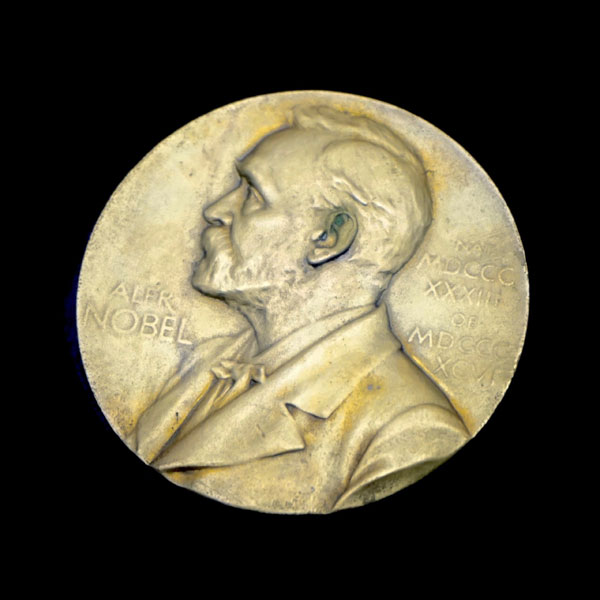2025 Nobel prize in physiology or medicine recognizes the science of immune self-control

[Nobel prize. Photo Credit to Pixabay]
The 2025 Nobel Prize in Physiology or Medicine was awarded to three scientists who discovered how the human immune system maintains its balance and prevents the body from attacking itself.
This year’s laureates are Shimon Sakaguchi of Osaka University in Japan, Mary Brunkow of the Institute for Systems Biology in Seattle, and Fred Ramsdell of Sonoma Biotherapeutics in the United States.
They were honored for their discovery of the molecular mechanisms that enable peripheral immune tolerance.
Their research changed the traditional view of the immune system from a mere defense weapon against bacteria and viruses into an intelligent network capable of self-regulation.
The immune system constantly patrols the body, seeking and destroying invading microbes.
At the same time, it must also recognize what not to attack, meaning it must distinguish its own cells from foreign invaders.
When this balance breaks down, immune cells mistakenly target the body’s own tissues, leading to autoimmune diseases such as type 1 diabetes, lupus, and rheumatoid arthritis.
For many years, scientists struggled to understand how mature immune cells avoid these self-destructive attacks.
The 2025 Nobel-winning team found the answer; the existence of regulatory T cells, or T-regs, and a gene known asFoxp3 that governs their function.
In 1995, Professor Sakaguchi identified a special group of immune cells called regulatory T cells that suppress excessive immune reactions.
These regulatory T cells act as the system’s brakes, preventing overactivation.
A few years later, Dr. Brunkow and Dr. Ramsdell discovered that Foxp3 gene is essential for developing and controlling these regulatory T cells.
When this gene is defective, the immune brakes fail, and the system runs out of control, attacking the body’s own tissues.
Their discovery revealed that the immune system’s greatest strength lies not only in its power to fight, but also in its wisdom to restrain itself.
This research has since brought major changes to the medical field.
By understanding how regulatory T cells operate, scientists are developing targeted therapies that finely adjust immune responses.
For autoimmune patients, the goal is to enhance regulatory T cells to reduce harmful immune activity. excessive immune attacks.
For cancer patients, researchers seek to temporarily block regulatory T cells so that immune cells can better attack tumor cells.
The concept is also guiding new strategies in organ transplantation, helping reduce the risk of rejection.
Once theoretical, these approaches are now being tested in clinical trials worldwide.
After the Nobel Committee’s announcement, Professor Sakaguchi said, “I believe that this will encourage immunologists and physicians to apply T regulatory cells to treat immunological diseases, control cancer immunity, and develop safer organ transplantation methods.”
Dr. Brunkow reflected on the collaborative nature of their work, noting, “It was an amazing team effort back when we did the work,” and added, “It takes a bunch of different brains, all working on it together, for sure.”
The 2025 Nobel Prize in Physiology or Medicine celebrates a field that expands humanity’s understanding of balance within the body.
The discovery of regulatory T cells and the Foxp3 gene demonstrated that the immune system’s most profound wisdom lies in restraint rather than aggression.
This insight holds the potential to transform treatments for autoimmune diseases, cancer, and organ transplantation.
The prize reminds the scientific community that progress in medicine often begins not by overpowering nature, but by learning from it.

- Yehan Kim / Grade 9 Session 11
- Lexington High School

![THE HERALD STUDENT REPORTERS [US]](/assets/images/logo_student_us.png)
![THE HERALD STUDENT REPORTERS [Canada]](/assets/images/logo_student_ca.png)
